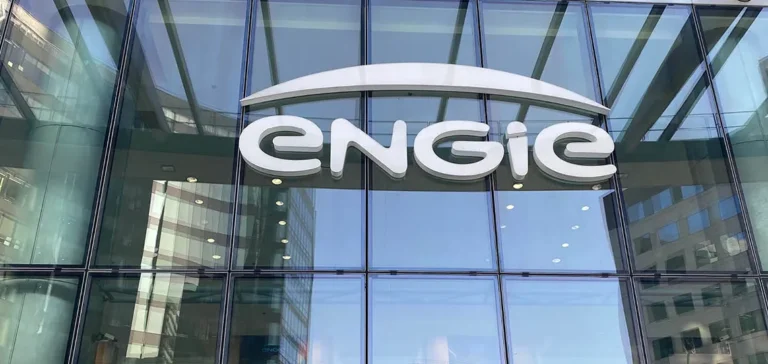Engie has reaffirmed its targets for 2025, maintaining its guidance for recurring net income between EUR4.4bn and EUR5.0bn ($4.77bn to $5.42bn). In the first half, the group recorded a 19% decrease in recurring net income, which amounted to EUR3.1bn ($3.36bn). Its operating income excluding nuclear reached EUR5.1bn ($5.53bn), representing a 9.4% drop compared to the same period last year, due to an unfavourable base effect and a less favourable pricing environment. This performance comes against a backdrop of increased volatility in energy markets and a shifting global economic landscape.
Financial outlook maintained for 2025
Despite margin pressure observed in the first half, Engie maintains its forecast for operating income excluding nuclear, expected between EUR8.0bn and EUR9.0bn ($8.67bn to $9.76bn) for 2025. The group’s management expresses confidence in the strength of its fundamentals and anticipates improved performance in the second half of 2025. Chief Executive Officer Catherine MacGregor states that “Ebit excluding nuclear will reach its lowest point this year and the second half of 2025 will be higher compared to 2024”.
Engie’s revenue increased during the period, reaching EUR38.1bn ($41.34bn), up 1.4% compared to the first half of the previous year. Published net profit reached EUR2.9bn ($3.15bn), a 50% increase, mainly due to a more favourable change in the value of the group’s hedging contracts.
Expansion of the renewables portfolio in the United States
Engie reports a total renewables and storage capacity of 52.7 gigawatts (GW) at the end of June 2025, an increase of 1.9 GW over six months. This momentum is also reflected in 95 projects currently under construction, representing nearly 8 GW in additional capacity. Engie’s global portfolio of renewables and battery projects now stands at 118 GW, a 3 GW increase since the end of 2024.
In the United States, following a period of regulatory uncertainty related to the new political framework, Engie announces the launch of three new projects totalling more than 1.1 GW in wind, solar and battery storage. Catherine MacGregor notes that the US market remains dynamic, particularly due to strong growth in data centres which drives demand for renewable electricity. The group currently operates close to 9 GW of renewables capacity in the US.
Economic challenges and market developments
Engie’s management highlights that the economic and geopolitical context remains uncertain, with volatile energy prices on major markets. Despite these conditions, the group’s strategy focuses on expanding renewables capacity while maintaining strict financial discipline. Investment decisions are based on a long-term vision, reinforced by recent regulatory clarity in the United States.
The evolution of the project portfolio and the stability of financial indicators in the first half demonstrate an ability to navigate a complex environment. “There were a lot of uncertainties about how these projects would be handled,” Catherine MacGregor says, noting that increased clarity is enabling faster development in strategic markets.






















